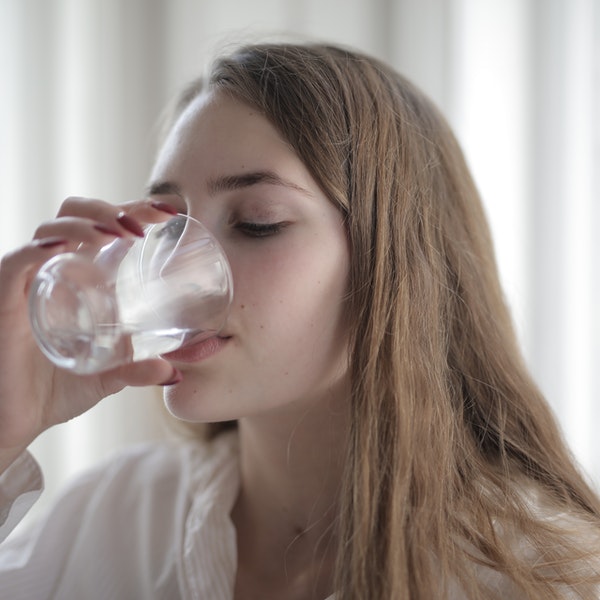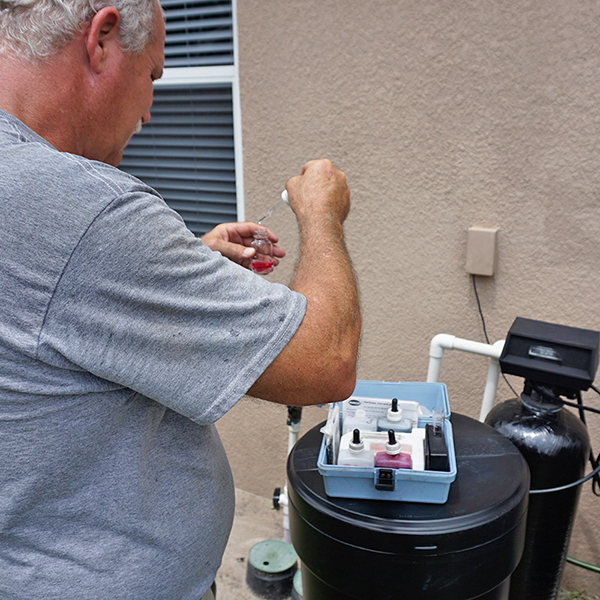How to Remove Bacteria from Drinking Water
Contaminated drinking water takes the lives of thousands of people around the world every year. Harmful microorganisms like viruses and bacteria are usually the culprit. Few Americans have to worry about this problem because of the U.S.’s high standards for municipal water. But Americans with private wells are still at risk. Unlike city water, well-water isn’t regulated. It is much easier for bacteria and viruses to make their way into wells. If you don’t have a purification system that can remove microbiological contaminates, you could be at risk.
What are the most common bacteria found in water?
 E.coli, legionella, and shigella are some of the most prevalent bacteria found lurking in well water. E.coli is the most well-known of the three. If you get E. coli in your system, it can give you diarrhea, severe cramps, or cause vomiting. In some cases, it develops into Hemolytic Uremic Syndrome (HUS), which can cause permanent kidney damage or kidney failure. Legionella thrives in warm waters. If you inhale water with this bacterium, you can develop a pneumonia-like illness called Legionnaires disease. In extreme cases, it can be life-threatening. Drinking water with shigella can cause you to develop the disease shigellosis. If you get this disease, you may experience severe diarrhea, abdominal cramping, stomach pain, and fever.
E.coli, legionella, and shigella are some of the most prevalent bacteria found lurking in well water. E.coli is the most well-known of the three. If you get E. coli in your system, it can give you diarrhea, severe cramps, or cause vomiting. In some cases, it develops into Hemolytic Uremic Syndrome (HUS), which can cause permanent kidney damage or kidney failure. Legionella thrives in warm waters. If you inhale water with this bacterium, you can develop a pneumonia-like illness called Legionnaires disease. In extreme cases, it can be life-threatening. Drinking water with shigella can cause you to develop the disease shigellosis. If you get this disease, you may experience severe diarrhea, abdominal cramping, stomach pain, and fever.
These harmful bacteria aren’t all that can be hiding in well water. Norovirus and rotavirus have both been spread through water. Well-water can also be a breeding ground for microscopic parasites like Giardia and Cryptosporidium. Both of these parasites are common in the U.S. and around the world.
How do you remove bacteria from water?
Bacteria and other micro-organic contaminants can’t be removed from water by carbon filters or reverse osmosis filters. There are three popular options to neutralize harmful microorganisms: chlorine, distillation, or a UV water filter.
Municipal water treatment plants often use chlorine to treat city water for the same reason that it’s used in pools. It is effective at neutralizing bacteria and viruses. At low levels, it is safe to consume and doesn’t have a significant impact on the water’s taste. Many homeowners with wells purify them with a chlorine shock treatment periodically.
 Water distillers can also be used to remove bacteria, viruses, and other microorganisms. A water distiller is a point-of-use water treatment that can purify small batches of water. It uses the process of evaporation to leave behind impurities and contaminates. UV water filters are becoming the most popular and prevalent option to remove bacteria and microorganisms. UV water filters use ultraviolet light to neutralize microbiological contaminants. This is the most reliable method to render bacteria and viruses harmless. Many people choose UV filters because they are also environmentally friendly and convenient. UV filters don’t produce any water waste and keeps chemicals additives out of the water. Another benefit is that these filters require very little maintenance.
Water distillers can also be used to remove bacteria, viruses, and other microorganisms. A water distiller is a point-of-use water treatment that can purify small batches of water. It uses the process of evaporation to leave behind impurities and contaminates. UV water filters are becoming the most popular and prevalent option to remove bacteria and microorganisms. UV water filters use ultraviolet light to neutralize microbiological contaminants. This is the most reliable method to render bacteria and viruses harmless. Many people choose UV filters because they are also environmentally friendly and convenient. UV filters don’t produce any water waste and keeps chemicals additives out of the water. Another benefit is that these filters require very little maintenance.
water is contaminated with bacteria
The best way to find out about your well’s water quality is to have it tested. Tri-Florida Water Treatment offers free in-home water analysis to residents throughout the Lakeland area! Give us a call today if you want to learn more about what’s hiding in your well water!
